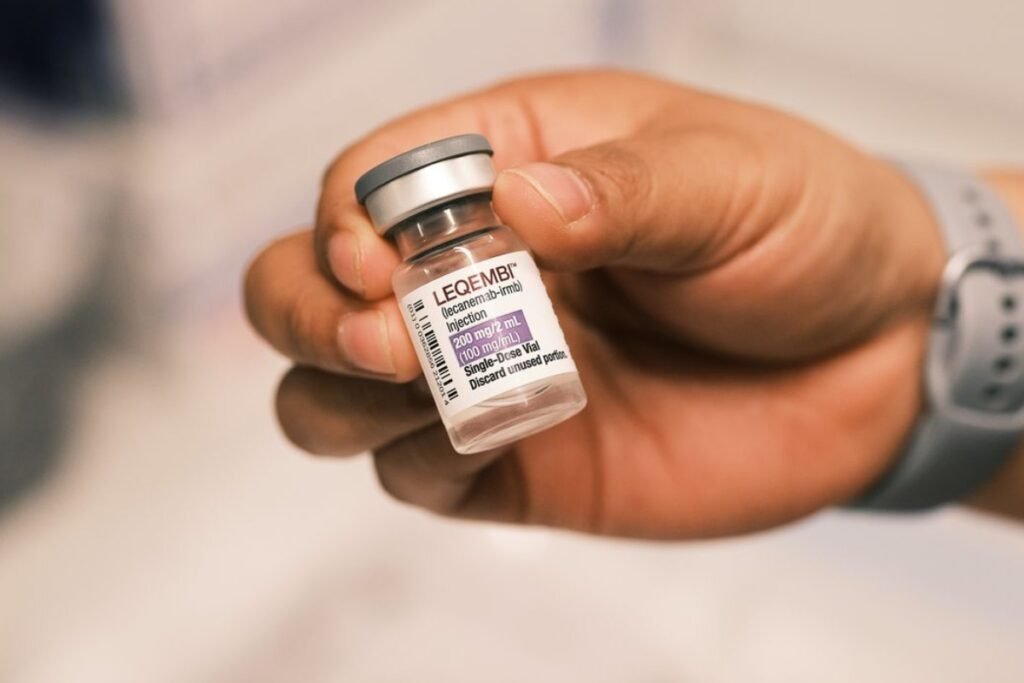This filing comes just before an FDA advisory committee meeting, which has raised expectations of the drug receiving full approval in the upcoming weeks.
This marks the first submission for Leqembi (lecanemab), developed in partnership with Biogen, in Asia following filings in China, Japan, the European Union, Great Britain, and Canada. The FDA granted Leqembi accelerated approval in January.
The drug’s next hurdle will be the FDA’s advisory committee meeting, where experts will be asked to vote on two key questions: whether the results of the CLARITY-AD study support Leqembi’s claimed clinical benefits, and if its overall benefit-to-risk profile is favorable across various patient subgroups.
The FDA published a briefing document yesterday that did not reveal any major concerns at the agency. The document notes that the data suggests a “clinically meaningful” effect of the drug on cognition scores and consistently favorable results for primary and secondary endpoints across specified subgroups of interest.
Regarding safety, the reviewers state that the safety data “do not appear to prevent traditional approval of lecanemab” and are in line with the current labeling for the drug under accelerated approval.
During the meeting, the safety discussion is expected to focus on the risk of amyloid-related imaging abnormalities (ARIA), potentially life-threatening reactions that appear to be more common in patients with ApoE ε4 mutations and those taking anticoagulants. Additionally, discussions may cover cerebral hemorrhage and infusion-related reactions, such as hypersensitivity.
Eisai and Biogen are hopeful for an advisory committee meeting that proceeds without controversy, following the issues surrounding the 2021 meeting for Leqembi’s precursor, Aduhelm (aducanumab). The FDA approved Aduhelm against the advice of its experts, resulting in panel resignations and an investigation into allegations of misconduct during the review process.
The FDA is expected to make a decision on converting Leqembi to full approval by July 6th. Such approval would simplify access to the drug for patients in the United States, as its use is currently limited to clinical trials only.
However, even if approved, patients covered by federal care plans will need to participate in a registry to monitor safety and efficacy. This requirement has been criticized by some as an unnecessary barrier to wider access.
Overall, analysts express growing confidence in Leqembi receiving approval with a broad label and extensive insurance coverage. Eisai has forecasted over $7 billion in Leqembi sales by 2030 if regulatory approvals align with their anticipated timeline.





























